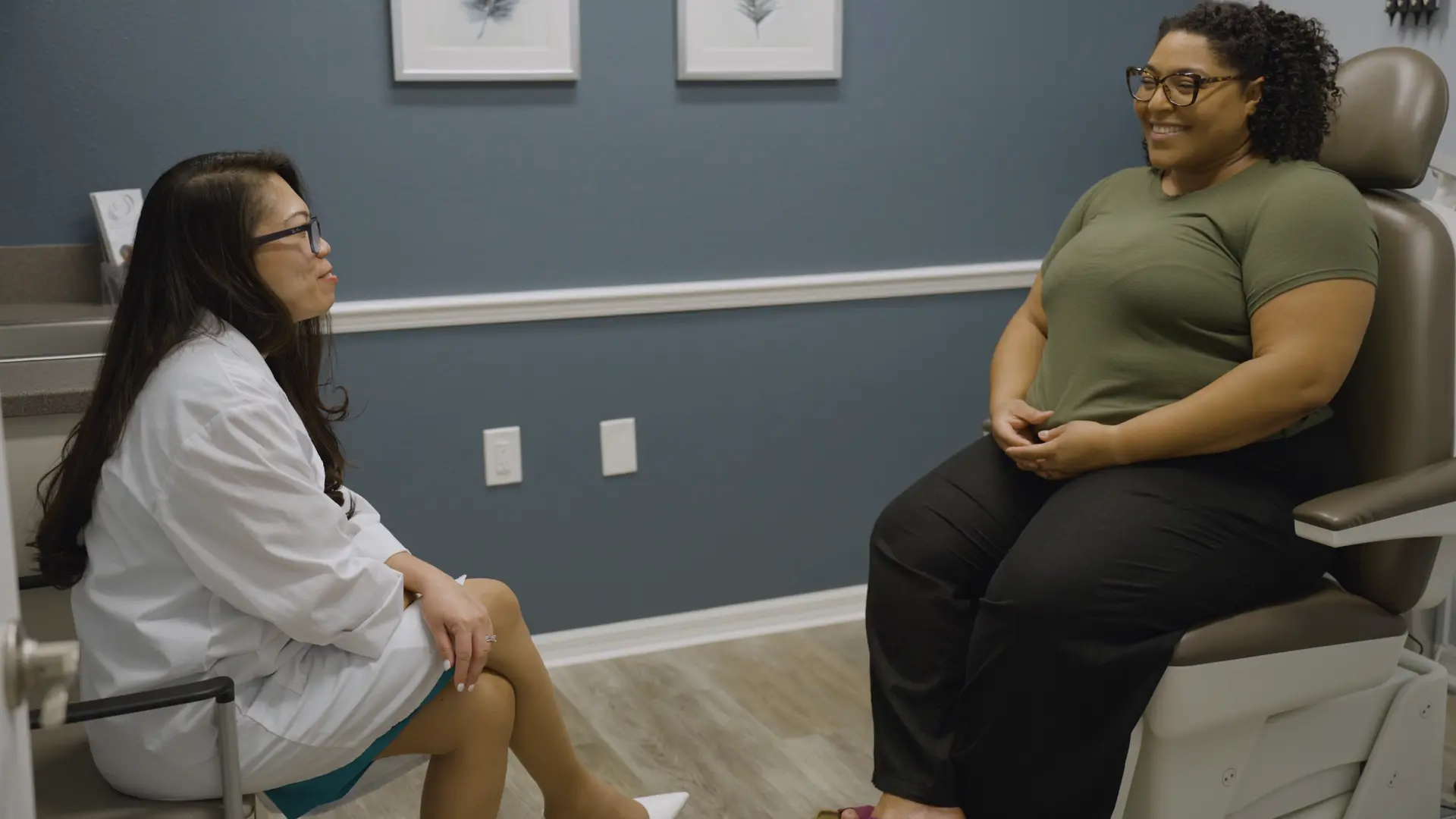Ringing In The Ears
What Causes Ringing In The Ears?
The curious problem of ringing in the ears—known medically as tinnitus—occurs when an individual hears audible ringing noises despite the fact that there is no external sound.
- Head or neck injuries
- Damage to parts of the middle or inner ear
- Frequent exposure to very loud noise
- Age- or sound-related hearing loss
- Ear infections
- Ear wax build-up
- High blood pressure
- High cholesterol
- Temporomandibular joint (TMJ) disorders
- Medications, including higher doses of certain NSAIDs, antidepressants, cancer-fighting drugs, and antibiotics
Other Signs Of Tinnitus
Tinnitus isn’t just associated with ringing in the ears. Affected individuals may also hear noises that can be described as:
- Static
- Whistling
- Buzzing
- Clicking
- Hissing
- Humming
- Roaring
Find Relief From Ringing In The Ears
Residents of Wesley Chapel, Trinity, and surrounding communities in Florida can turn to Scotch Institute of Ear Nose & Throat for specialized tinnitus treatment.
Our ENT doctors work with patients to identify the source of ringing in the ears, suggest ways to reduce symptoms, and address underlying conditions that are related to ear health—such as Meniere’s disease and hearing loss.
Relief from ringing in the ears is closer than you may think! Contact Scotch Institute of Ear Nose & Throat today to schedule an in-person or telemedicine appointment. Our team is here to answer any questions you may have.

We're Ready to Assist You
Relief from ear, nose, and throat disorders is closer than you may think!
If you’d like to schedule an appointment, contact our office by phone or reserve an appointment online. Our practice locations are in the Trinity and Wesley Chapel areas of Pasco County, making quality care easily accessible. To meet the evolving needs of our community, we’re also pleased to offer convenient ENT telehealth appointments that allow patients to consult with our professionals from the comfort and safety of home.
Reach Out Today
Hours
M - F: 8:30am – 5pmClosed: 12pm – 1pm

